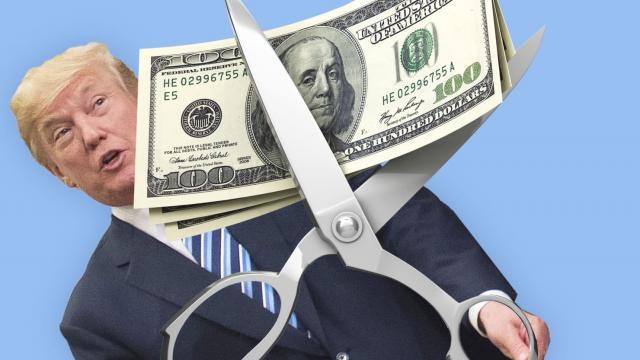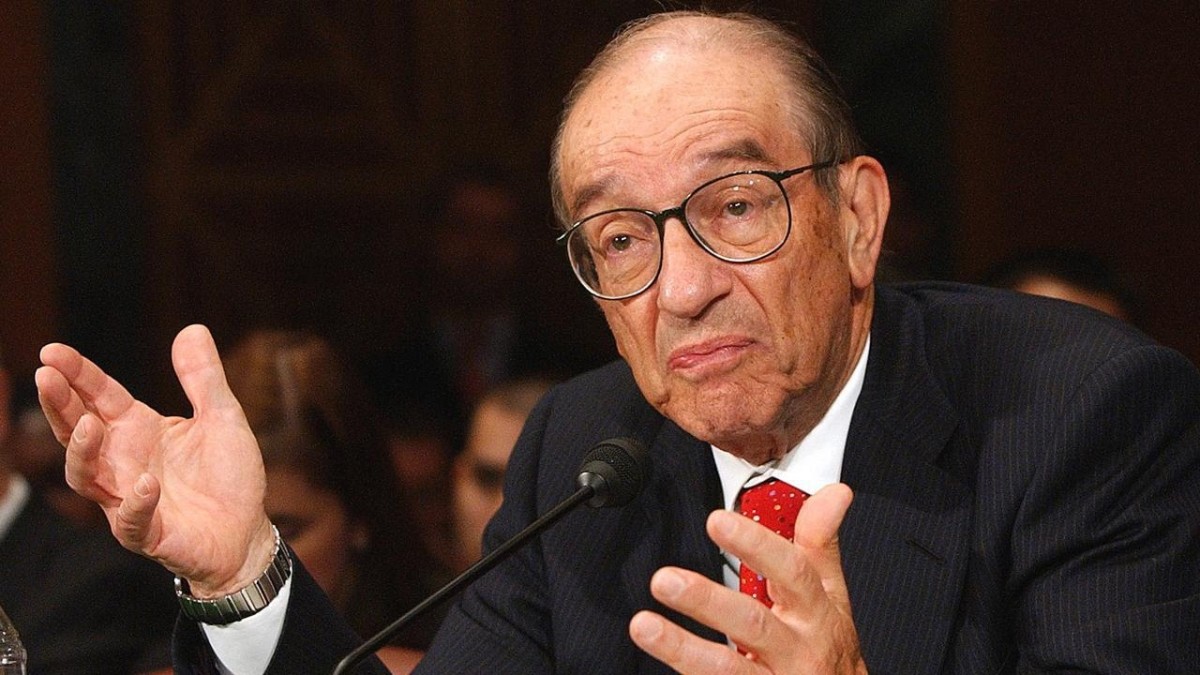
A significant anniversary passed unnoticed on Oct. 23. That was the day in 2008 when Alan Greenspan, former Federal Reserve chairman and high-priest of unfettered financial markets, told a congressional committee that he’d found a “flaw” in his theory that big, systemically risky financial institutions didn’t require government oversight because they were incentivized to regulate themselves.
“Those of us who have looked to the self-interest of lending institutions to protect shareholders’ equity, myself included, are in a state of shocked disbelief,” he told the House Oversight Committee two months after the collapse of AIG and Lehmann Brothers, the culminating failures of a financial collapse abetted by free-market evangelists like Greenspan. “I’ve found a flaw. I don’t know how significant or permanent it is. But I’ve been very distressed by that fact.”
“Flaw” was a nice choice of word. Like the unfortunate little design flaws that enabled Chernobyl. Stuff happens.
If the “Maestro” – who in the 1990s opposed measures that might have prevented or ameliorated the 2008 crash – can admit to ideological fallibility, you’d think his many acolytes could too. Instead, the Trump/Goldman regime is busy watering down the relatively weak Dodd-Frank act that was meant to prevent another meltdown.
The technical term for this is “moving on.” Moving on entails pitching the consequences of lax financial regulation down the memory hole. That makes it easier to loosen the reins on institutions whose well-known tendencies toward excess ought to be a permanently blinking red light. Instead, regulatory demolition is picking up steam.
Last week, for example, the Federal Reserve took a significant step in loosening Dodd-Frank regulations, moving policy in a direction that flies derisively in the face of facts and experience. Sane people not in the pocket of Wall Street recognize this.
“Banking regulation has an automatic bias of getting laxer in booms,” Jason Furman, President Obama’s chief economic advisor, tweeted in response. “Congress and now the Fed are making it even laxer when instead they should be following the Dodd-Frank Act and raising counter cyclical capital buffers.”
For the moment, large banks are probably safer today than they were in 2007. But 2007 represents a low bar, and even if they are safer it’s only because of regulation that they’ve fought tooth-and-nail. They are still large and interconnected enough to bring down financial systems if risky bets go terribly awry. Markets aren’t the omniscient machines purists say they are. There are too many moving parts in the global economy to say for sure that whatever might cause the next market implosion isn’t right around the corner.
That’s why reasonable people are fighting to corral systemic financial risk. Latest example: Vermont Sen. Bernie Sanders’s Too Big to Fail, Too Big to Exist Act, introduced last month (and in the previous congressional session), which would downsize any bank whose exposure equals 3% or more of national output. That would include names like JPMorgan Chase and Bank of America.
Something to think about on Tuesday: A breakup of those dimensions is unlikely even with a Democratic House, but with a Republican House it is impossible. Too Big to Fail will have free reign, and taxpayers will bear the ultimate costs.
Donald Trump has warned that folks will “lose a lot of money” if the House turns blue. History suggests red is even costlier.
Chris Gay is a veteran of financial journalism who writes from New York City. Follow him @cgayNYC.

















